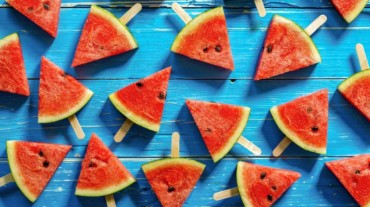
Everyone emphasizes the need to be hydrated. People tell you that drinking many glasses of water can apparently solve all your life problems. But what does it mean? With misinformation around us, it can be difficult to distinguish facts from hearsay or fiction.
This is one of the most popular myths floating around us. People think if we are not feeling the urge to drink water, we are well-hydrated. But this is not true. Research suggests that we are hydrated by about 2 to 3 percent of our body weight before thirst kicks in. In addition to this, our biological thirst mechanisms become faulty with age, so it’s especially important for older adults not to count on thirst as a hydration gauge.

You must have heard that one should drink at least eight glasses of water in a day. However, you will be surprised to know that drinking water more than what is required can dilute the concentration of electrolytes in your blood. Further, people with heart and kidney ailments can face severe health conditions including congestive heart failure. The right number of glasses that your body needs depend on multiple factors which include age, size of the body, activities, and temperature. Talk to your primary care physician for an expert opinion.
No. While drinking liquid helps you stay hydrated; it is not the only way. Even foods with high water content such as cucumber, grapefruit, and watermelon can keep your fluid levels in check. Soups and stews are another way to boost your fluid intake.

It is not true that water helps clear toxins from the body. Our kidneys filter toxins from our bloodstreams which flow out of the body through the urine. But drinking extra water does not improve the function of the kidneys. In fact, it tends to reduce the kidney’s ability to function as a filter.
Water doesn’t have any weight loss property. Though no evidence suggests that drinking more water reduces weight, it could be a helpful tool for people who diet as it has no calories.